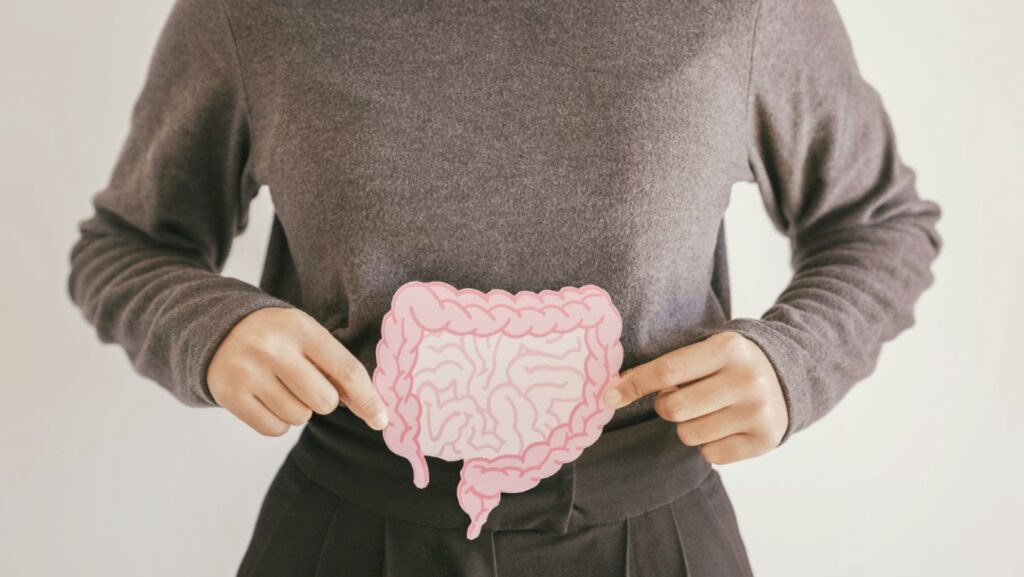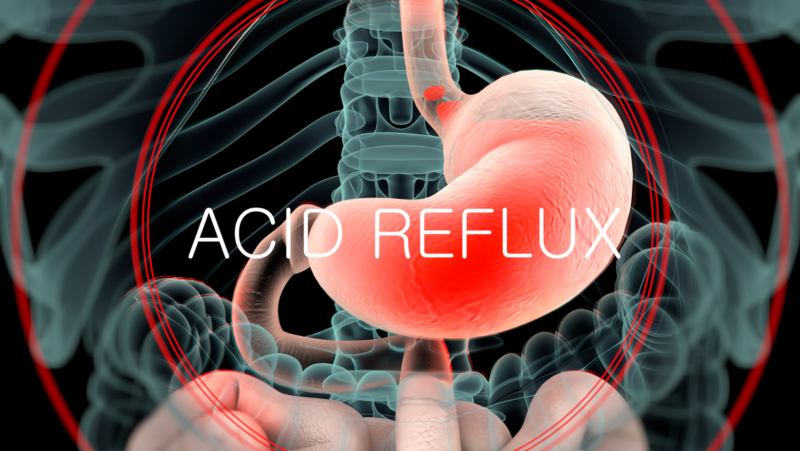
There is a reason why people tend to say “Always trust your gut”. It is because your gut is awesome.
Your gut can be linked to both your physical and mental health. It can also have a tremendous effect on your skin and even your mood! Let’s look at some stats.
Digestive diseases affect about 11.3% of the US population. In the UK, about 58% of individuals have encountered gut health problems. Irritable bowel syndrome (IBS) affects approximately 8.2% to 10.5% of the UK population.
Of course, there is no denying you are what you eat. A recent study revealed that only 36% of Brits rate their gut health as average, with 11% considering it excellent. So, join us as we talk about how you can up your gut game and more.
What Is Your Gut Exactly
Your gut refers to your gastrointestinal (GI) tract. This tract consists of your stomach, intestines, and colon and basically anything that forms part of that twisting tube that starts at your mouth and ends at your bum.
It is also full of trillions of bacteria, viruses, fungi, and other microbes. This family of bacteria is called your gut flora (or gut microbiome). These microorganisms play a crucial role in digesting food, absorbing nutrients, and even synthesising essential vitamins.
However, their influence extends far beyond digestion, as a balanced gut microbiota supports a robust immune system, regulates metabolism, and maintains mental health. Multiple studies have also been done on the link between your gut health and mood.
The Gut-Brain Axis
Ever heard of it? No? Well now you have! It is probably one of the most intriguing discoveries of the past century. The gut-brain axis refers to the fascinating link between your microbiota balance and mood regulation. This idea was discovered by William Beaumont in the 1840s. But it was only in 1904 when Ivan Pavlov’s Nobel prize winning research actually showed how it works.
Some of the bacteria in your gut is responsible for making neurotransmitters like serotonin and dopamine. If there is an imbalance in these microbes and neurotransmitters, it may lead to anxiety and depression. Conversely, stress and poor mental health can negatively impact gut health, creating a vicious cycle.
Your Gut Health And Your Overall Health
Your gut supports a healthy immune system, metabolism, and weight. Who would have thunk? On the off chance you were not aware, your gut is home to around 70% of your body’s immune cells.
Therefore, there is zero surprise that a healthy gut can fight off nasty pathogens and keep certain diseases at bay. Dysbiosis (an imbalance in your microbial community) can also lead to what is called a “leaky gut.” This means that harmful substances can slip through your gut and enter the bloodstream. This can lead to all sorts of health issues and unwanted symptoms.
When it comes to your metabolism, your gut once more takes centre stage. This is because certain bacteria in your gut actually help break down complex carbohydrates and fats. This influences how calories are absorbed and used. An imbalance in these bacteria can contribute to metabolic disorders such as obesity and even type 2 diabetes.
Yikes!
Disease Linked To Poor Gut Health
Bloating, heartburn, abdominal pain, excessive burping, flatulence, nausea, constipation and diarrhoea are all signs of a poor gut. If you are experiencing any of these symptoms on a regular basis, it may be time to book a consultation at your nearest trusted clinic or private GP.
Why? Because if not managed could lead to diseases like irritable bowel syndrome (IBS), Crohn’s disease, ulcerative colitis, Celiac disease, and gastroesophageal reflux disease (GERD). It can also lead to skin issues like acne, eczema, psoriasis and Rosacea.
How Your Can Improve Your Gut Health
Wondering how to improve gut health? It is actually really simple. Eat a balanced diet. Treat yourself and your gut to a variety of fruits, vegetables, and fibre. Fermented foods like sauerkraut and kimchi contain probiotics that help with digestion. Try to limit processed foods (foods that have been frozen, dried, or contain a ton of preservatives, salts, sugars, or unhealthy fats).
Getting enough sleep, exercise, and drinking enough water can also positively influence your gut health. Not to mention managing those stress levels!
Digesting The Key Points
We have a gut feeling (pun always intended) that you may want a quick overview of what we have learned. We have got you covered.
First and foremost. Your gut is responsible for so much more than just digesting food. In fact, it influences almost every aspect in your body from your skin to your mood. Therefore, looking after your gut is a big deal.
If you do not take care of your gut health, it can lead to various health issues arising. Luckily, taking good care of your gastrointestinal tract is as easy as one, two, three. Eat well. Sleep well. Exercise. Hydrate.
Alternatively, reach out to your doctor for guidance.














